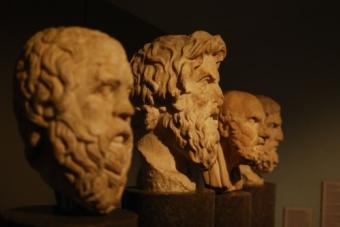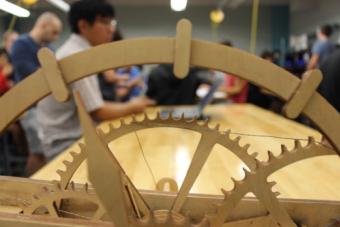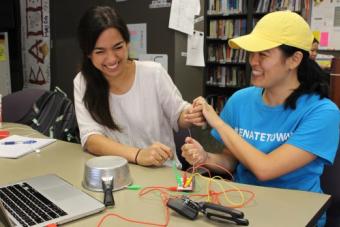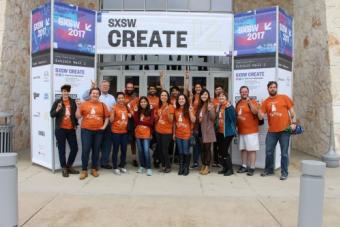3. Maker Education
The purpose of this section is to showcase the connections between Making as a personal endeavor and the broader arena of Maker education, specifically as it applies to secondary classrooms. This section should include a discussion of educational issues such as issues of access (including under-representation in STEM fields and other barriers), strategies for integrating Making with curriculum, the use of rubrics to support student Makers, and insights into classroom management strategies for Maker environments.
To meet the expectations for this section, candidates are expected to:
- Documented a variety of experiences with K-12 students involved in making this may include both formal and informal learning settings.
- Provide evidence of creating and implementing a maker lesson with students. Including, but not limited to, a completed Maker Lesson Summary.
- Included a reflection on the process of implementing the lesson and suggestions for lesson revision.
- Shown the use of multiple technologies with K-12 students, that may include but are not limited to technologies such as electronics, crafts, woodworking, programming in order to demonstrate a broad skill set.
- Provided a list of maker resources that will be useful to them as classroom teachers.
- Crafted and shared personalized reflections attending to the educational experiences mentioned above. These include a discussion on issues of access as it relates to K-12 maker education and the setting in which they work. Reflections are explicit connected to the candidate’s maker philosophy and UTeach experience.
Writing Prompts:
Some possible prompts to consider when writing this section include:
- Describe the maker-centered learning experience and explain how it was developed. Include a description of the educational setting/ grade level/ context that this lesson was designed for
- How does this learning experience relate to important concepts and skills within the discipline you teach and/or across subject areas. What specific standards are addressed?
- How does this maker-centered learning experience promote agency and help students connect their own expertise and personal experience to STEM?
- How do you feel your maker-centered learning experience (or making in general) impacted student engagement and growth both personally and academically?
- Upon reflection, what revisions might you make to this learning experience?
Maker Education Resources:
- Getting Started with Design Thinking
- Agency By Design
- UTeach Maker Lesson Bank
- Project Zero
- CLMOOC Make Bank Tons of cool makes that can be turned into lessons here.
- Open Portfolio Journey Map from Maker Ed Learn more about open portfolios to support your maker lessons.
- The Tinkering Studio





